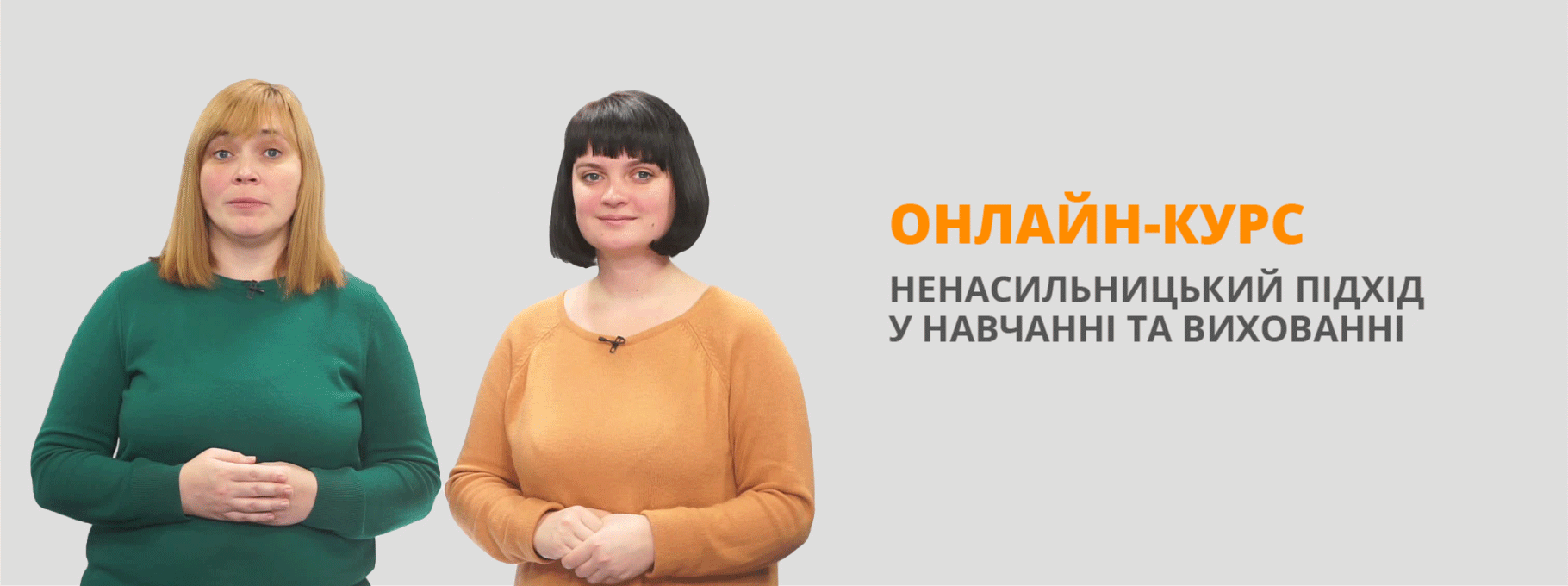Mixed Tenses (Simple, Continuous, Perfect)
It ... frosty yesterday.
I ... my e-mails every day
Children ____ their parents to the next party
... your parents go to work by bus?
His sister ______ (study) English every day.
Yesterday I _____ (come) home from school at half past eight.
At half past ten I ____(sleep).
When I ____(come) home from school yesterday, my little brother ____(sit) on the floor with all his toys around him.
This tense is used to describe habits, unchanging situations, general truths, and fixed arrangements. For example: "He goes to school every morning".
This tense refers to an unfinished action or event that will be in progress at a time later than now. For example: "I will arrive at five o'clock".
This tense refers to a time earlier than before now. It is used to make it clear that one event happened before another in the past. It does not matter which event is mentioned first - the tense makes it clear which one happened first. For example: "I had written the email before he apologized".
This is the tense that can be used to describe when an action happened, or may happen. You can use it to describe both events that are happening in the present – right now, while you are talking about something, or in the future – something that may or will happen later on. For example: "He is reading various kinds of books".
This is an action that was completed in the very recent past, expressed by 'just'. For example: "He has finished his homework".
This tense is used to talk about a completed action in a time before now.
This is the tense that's used to talk about things that haven't happened yet.
This tense is used to describe actions that began in the past and often continued for a short period of time after the action started. This tense describes actions or events that happened at a specific time in the past.
Choose the correct form:
We've got some great plans.
We ... the holidays in Italy.
Choose the correct form:
I ... to the North last summer.
Choose the correct form:
I ... some books about the North before I started travelling.
Choose the correct form:
We ... already ... for the beginning of the new school year.
Choose the correct form:
The nurse ... to a patient right now.
Choose the correct form:
It is still dark outside. The sun hasn't risen ...
Choose the correct form:
I have ... received an SMS, but I haven't read it yet.
Choose the correct form:
I haven't seen John, ... he moved to London.
It was a feeling he ... (never; to feel) before.

Створюйте онлайн-тести
для контролю знань і залучення учнів
до активної роботи у класі та вдома


















